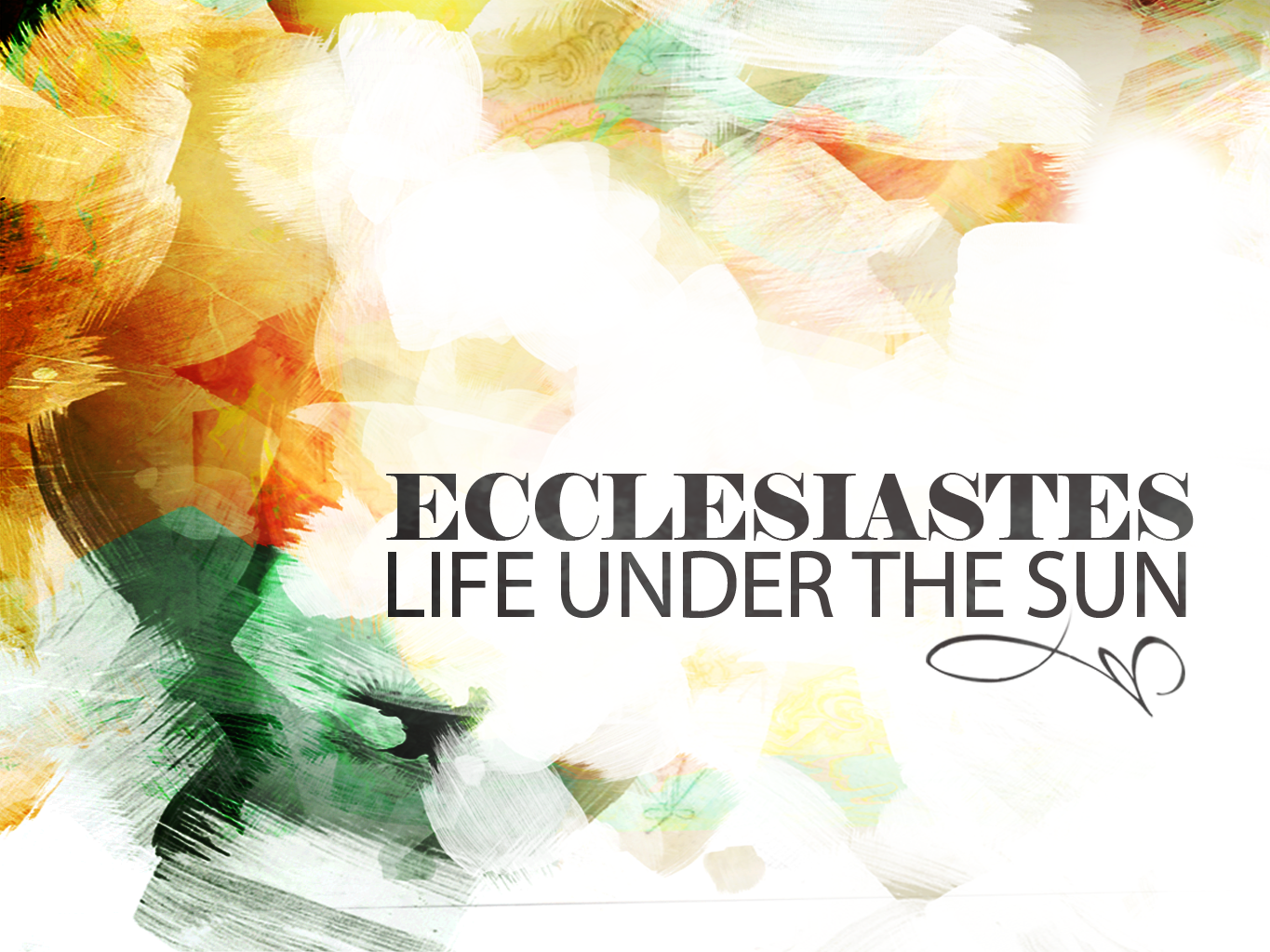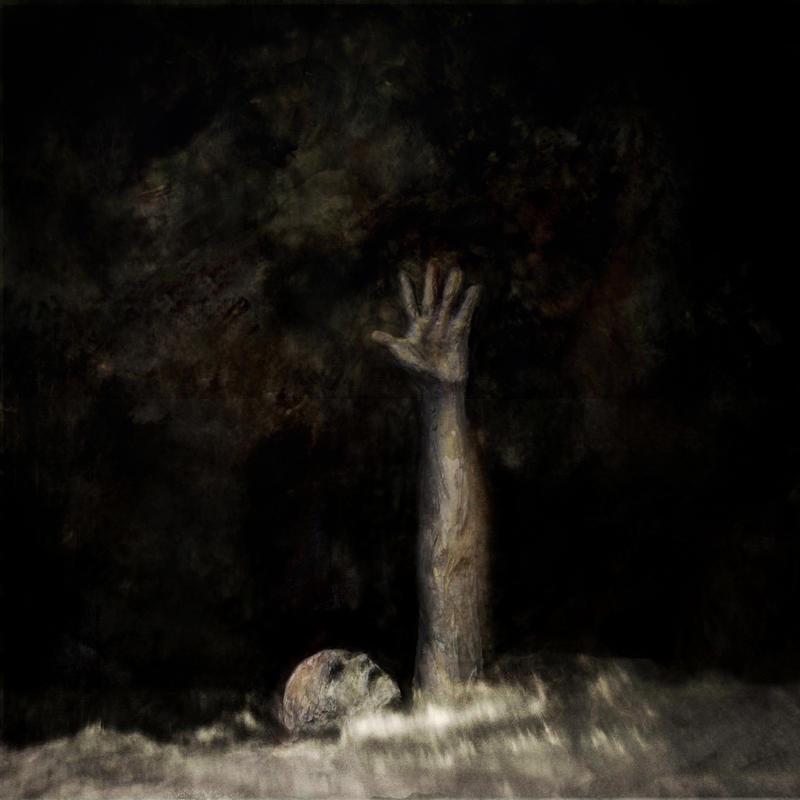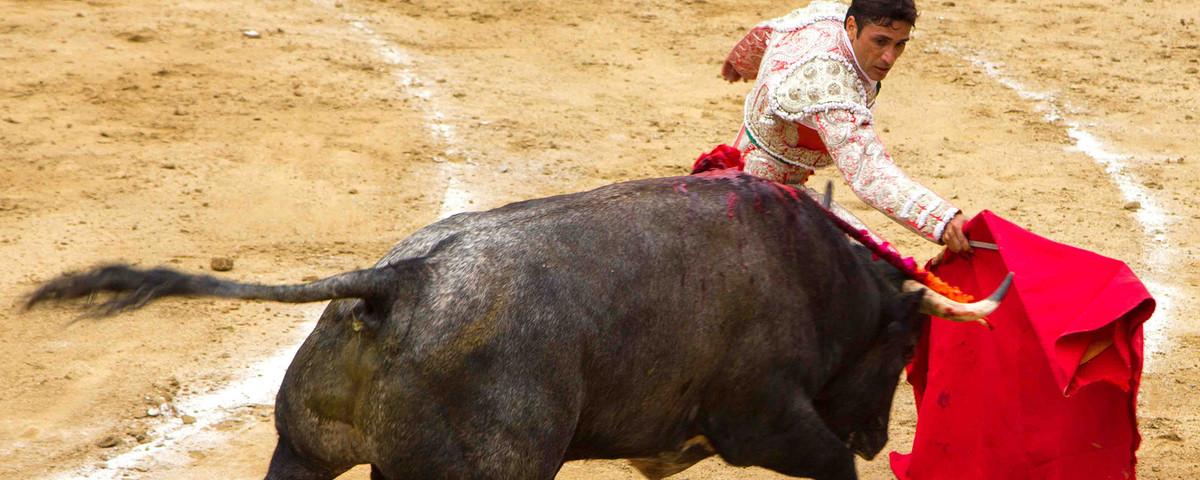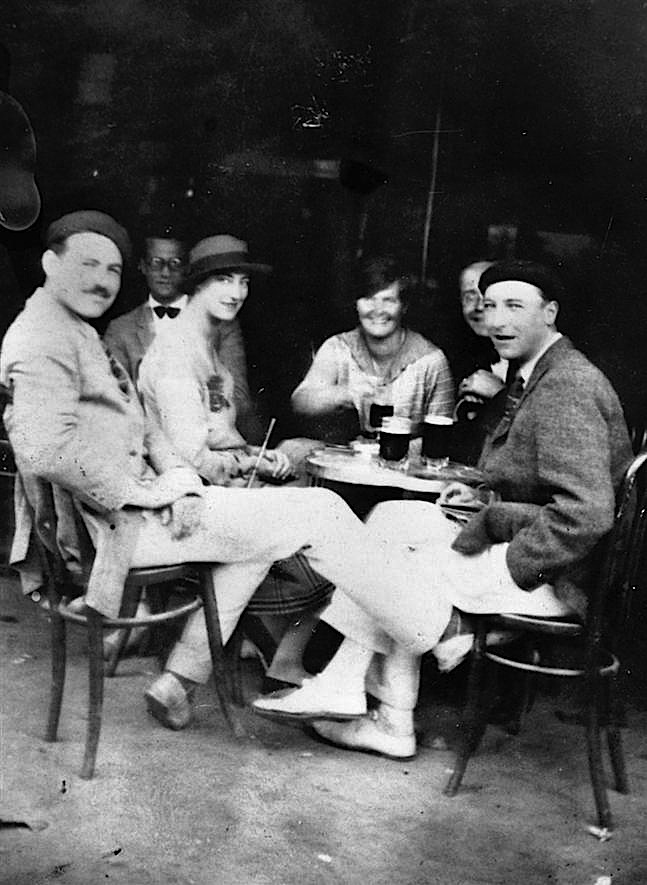"We all ought to make sacrifices for literature."

But let’s start with the epigraph.
It begins with a famous verbal quote from Gertrude Stein; but, according to Hemingway’s notebooks, it was first said by a garage mechanic to Stein as “c’est un generation perdu” regarding those that were around 22 to 30 at the time. "No one wants them. They are no good. They were spoiled." He meant the first war, and both Jake and Brett have been spoiled by it in different ways. They have both been remade, and Brett has been talked about as being Hemingway’s take on ‘the new woman’ as the first wave of feminism started to recede back into the sea..
And Jake, ‘...a foreigner, an Englishman,’ (any foreigner was an Englishman), ‘have given more than your life.’ He is no longer a man, physically, in that sexual sense, and that’s easy to dismiss if you are a woman, I observe, after the few titters of laughter you get when you mention it to one ... and that Jake has already made you aware of are coming. To another man, putting himself in his place, he has given more than his life. And Hemingway knew these men (post-men?) from his ambulance service in world war one. He should be the hero. But instead, he sits outside of things, and there is something terrible in his relationship with the highly sexed world around him, and the damaged New Woman. There’s a deep-seated mutual antagonism that runs along the over-narrative., that the damned most desire company, and in each other they recognise the same level of damnation, or, alternatively, being lost.She was looking into my eyes with that way she had of looking that made you wonder whether she really saw out of her own eyes.

At one point they are even looked on as pimp and whore, and Jake understands the vision almost instinctively. Does he run to Madrid because he loves her? He is lost without her, certainly, but just as much for the hate of it as the love. He can live with his burden while he’s in the light, while he is distracted. But the dark, the moment of being most alone, most lost as just a he trying to hold on to being something, this is where the depth of the human turmoil lies. And Brett, does she reject the more ‘old woman’ life she’s offered with love and stability because she’s a champion of ‘new woman-ness’? No, it’s for the same reason.
In the second part of the epigraph, we get a chunk of Ecclesiastes, this atheist’s favourite book of the Bible. Human life is cyclic, just as the rest of nature is cyclic. So you die, so what? You aren’t really much anyway. The sun also rises, and it goes down. Get over yourself. And this can be a useful platform for those with faith in God, for they can springboard joyfully from their Faith into their oneness with God that is more than just them-self. But for the post-Nietzschian? The sun also rising even though you’ve had your balls blown off is something to cut through the night and bury itself in your demand for a soul."I know," said the Count. "That is the secret. You must get to know the values."

Where are the values?
In the introduction to my edition, Colm Tóibίn writes this about Hemingway’s style:
Hemingway once said that the hero of the novel is the land. And here, just briefly, he demonstrates both that, and the above ideas from Tóibίn:...and make the sentences and the paragraphs he wrote ostensibly simple, filled with repetitions and odd variations, charged with a sort of hidden electricity, filled with an emotion which the reader could not easily find in the words themselves, emotion that seemed to live in the space between words, or in the sudden endings of certain paragraphs.
And from the land emerges the fiesta, a period of ‘no consequences’ where Jake expresses the idea that the values, once again, are in flux. But through all this is a motif of pure consequence: the bullfight. Men could face the bull briefly in the corrida, but then there were the bullfighters, who would face them to life or death....and we were going way up close along a hillside, with a valley below and hills stretched off back toward the sea. You couldn’t see the sea. It was too far away. You could see only hills and more hills, and you knew where the sea was.
Brett saw how something that was beautiful done close to the bull was ridiculous if it were done a little way off.

Hemingway’s love for bullfighting has been well-documented, of course; as has the growing tide of western opinion against it, but this only further cements it in as ‘the wonderful nightmare’ and how it works for the story. When Romero, the bullfighter, tells Brett that the bulls are his best friends, she responds:
Nobody really learns anything. Nobody really progresses. There are no epiphanies. But still, the sun goeth down, and hasteth to the place where he arose. Hemingway doesn’t manufacture some kind of false novel-esque buffet for you. He wants you to face the bull of it. ...but maybe, something has happened anyway. Brett has decided to not be a bitch and ruin children. Jake has realised how crap life would have been with her even if he had genitals. But then again ... she probably still will be, and he still has to face another night..."You kill your friends?" she asked."Always," he said in English, and laughed. "So they don’t kill me."

"Oh, don’t go to hell," I said. "Stick around. We’re just starting lunch."
No comments:
Post a Comment